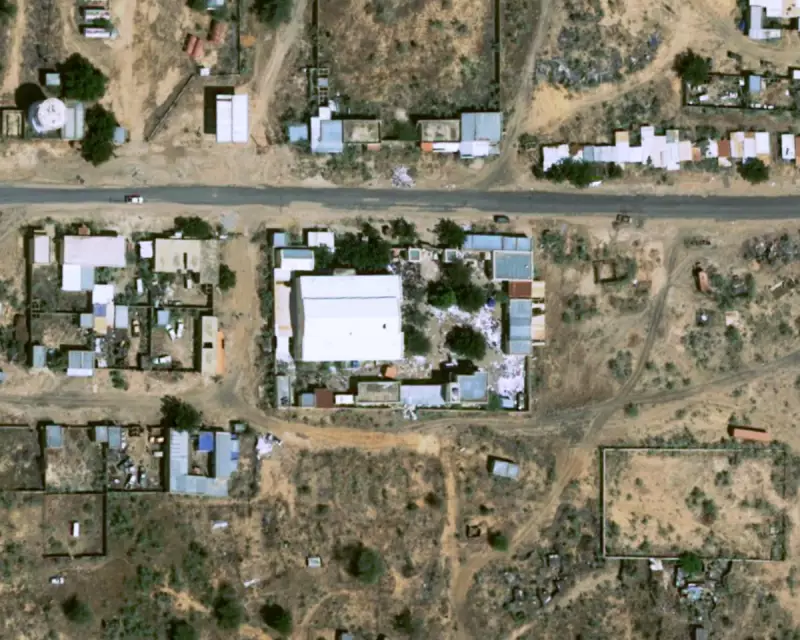
In one of the most brutal incidents of Sudan's ongoing conflict, evidence has emerged of a horrific massacre at a major hospital where Rapid Support Forces (RSF) troops allegedly slaughtered hundreds of patients and medical staff in a systematic attack.
The assault, which occurred at the hospital in Sudan's capital, represents what human rights organisations are calling a clear violation of international humanitarian law. Witness accounts describe scenes of unimaginable horror as RSF fighters moved through wards, targeting both medical personnel and vulnerable patients.
Mounting Evidence of Systematic Violence
Multiple sources and visual evidence obtained by investigators confirm the scale of the atrocity. Satellite imagery, verified video footage, and survivor testimonies all point to a coordinated attack on medical facilities that should have been protected under international law.
"This wasn't random violence—this was a deliberate, systematic assault on a place of healing," explained one humanitarian worker who requested anonymity for security reasons. "The evidence we've gathered shows clear patterns of war crimes."
International Community Under Pressure to Act
The mounting evidence has placed increased pressure on global powers to intervene in the escalating conflict. Human rights organisations are demanding immediate investigations and accountability for those responsible.
Medical professionals working in the region report that the attack has crippled healthcare infrastructure in an area already struggling with limited resources. "When hospitals become targets, the entire healthcare system collapses," said a representative from Médecins Sans Frontières.
A Pattern of Atrocities Emerges
This hospital massacre appears to be part of a broader pattern of RSF violence against civilian infrastructure. Previous reports have documented attacks on schools, markets, and residential areas, but the targeting of medical facilities represents a significant escalation.
International legal experts suggest the evidence gathered could form the basis for war crimes prosecutions, though the political will to pursue such cases remains uncertain amid the complex geopolitics surrounding the Sudan conflict.





